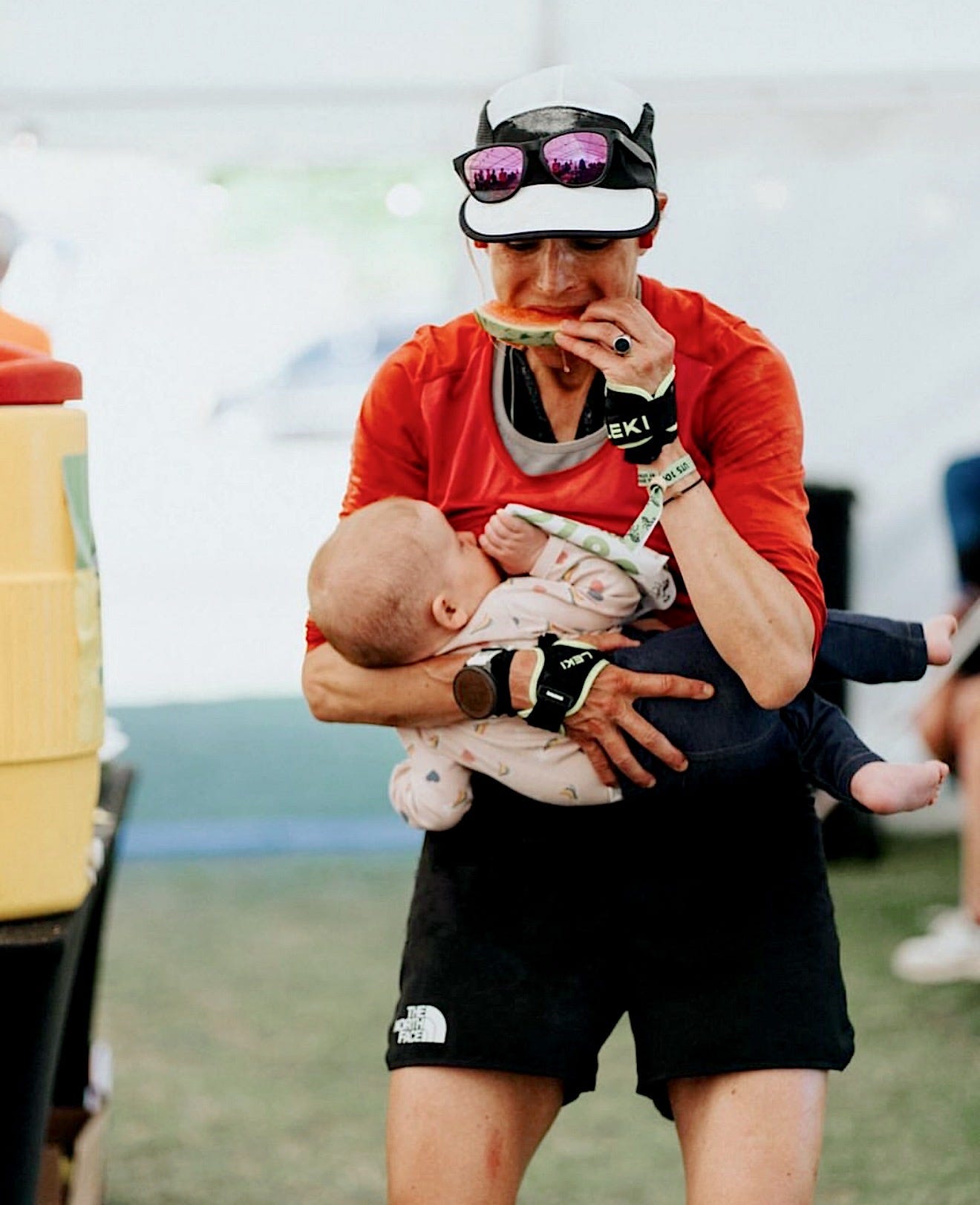Some feats speak for themselves. Or at least, they should.
But in the noise of the trail running world —with recycled headlines and algorithms that reward the usual suspects— the most remarkable stories often go untold.
Stephanie Case just returned to competition after three years away. And not just any return: she won the Snowdonia Ultra Trail 100K, one of the toughest races in the UK. She did it after years spent working in conflict zones, fighting for human rights, training under conditions most elite athletes would never consider.
And, just six months ago, she gave birth.
Let’s pause on that. It may not grab headlines, but it matters. Add it to her list: humanitarian lawyer, field worker in war zones, new mother… and now, 100K winner.
How is this not news?
Because sadly, it barely made a ripple.
No major coverage. No in-depth profiles. No celebration fitting the accomplishment.
Now imagine this: a well-known male athlete disappears from the scene for three years —due to injury, personal reasons, whatever— and comes back to win a brutal 100K. We know what would happen. Full-page features, motivational reels, interviews, brand campaigns. “Legend” status, no question.
But this is Stephanie Case. And that’s the problem.
It’s not just about visibility.
It’s about fairness. And memory.
What Stephanie has done isn’t just winning a race. It’s reminding us that sport is also about resilience, perspective, and the kind of strength that doesn’t fit neatly into performance metrics.
Until we start valuing stories like hers the way we do others, we’ll keep reinforcing a system that rewards the familiar faces and forgets those who truly deserve to be seen.




Love this!